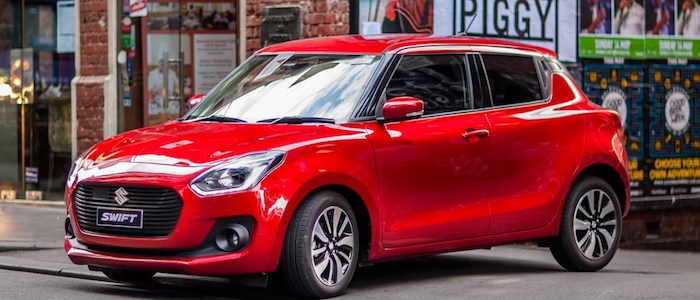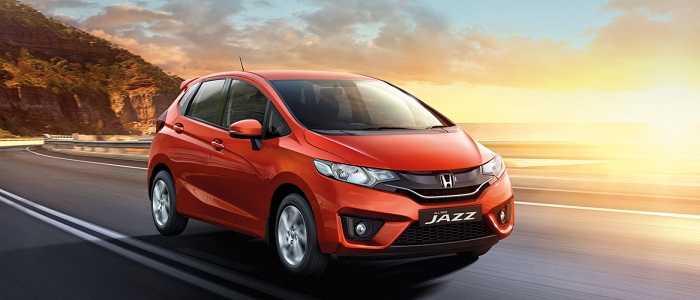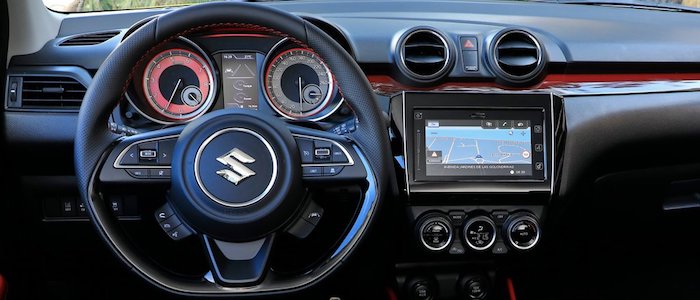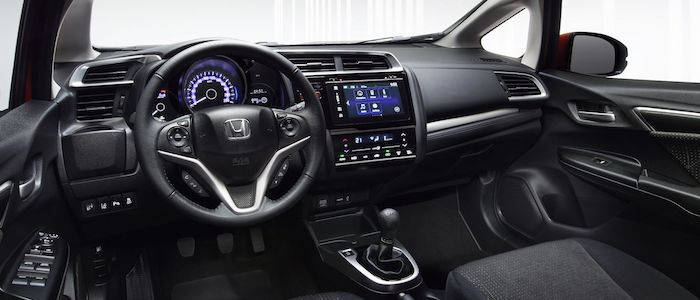Compare two cars
Compare any two cars and get our Virtual Adviser™ opinion
Dimensons & Outlines
Check a car with 30% off a report
Engine
Performance (manual gearbox)
Performance (automatic gearbox)
Expenses
Virtual Adviser's™ opinion
Two significantly similar cars, no doubt about that. Still, each one has something different to offer. Having both cars powered by petrol engines and utilizing the 5-door hatchback body style within the same 'City car' segment, the only major difference here really is their wheel drive configuration (4 x 4 for the Suzuki and front in the case of the Honda). The first one has a Suzuki-engineered powertrain under the hood, a 4-cylinder, 16-valves 90hp unit, while the other one gets its power and torque from a 4-cylinder, 16-valves 102hp engine designed by Honda.
SafetyA starting point here would be to take a look at the results from European New Car Assessment Programme (Euro NCAP) tests which were performed on both of the cars, with the Honda being a slightly better choice apparently. That aside, let's consider some other aspects which affect safety. Both vehicles belong to the city car segment, which is generally not a very good thing safety-wise, still it doesn't help us solve our dilemma, does it? On the other hand, when it comes to weight, a factor that most people underestimate, Jazz offers a considerable difference of 11% more metal.
ReliabilityI don't like generalizing things when it comes to reliability, although it does seem that both brands display similar results in faults and breakdowns, all the models observed together. These are the official statistics, while our visitors describe reliability of Suzuki with an average rating of 4.6, and models under the Honda badge with 4.7 out of 5. The same official information place Swift as average reliability-wise, and Jazz is more or less at the same level.That apart, owners of different cars powered by the same engine as Swift rank it on average as 4.9, while the one under the competitor's bonnet gets 5.0 out of 5.
Performance & Fuel economyHonda is undoubtly more agile, reaching 100km/h in 1.4 seconds less than its competitor. In addition to that it accelerates all the way to 190 kilometers per hour, 20km/h more than the other car. When it comes to fuel economy things look pretty much the same for both cars, averaging around 5 liters of fuel per 100 kilometers (57 mpg), in combined cycle.
Verdict
Honda appears just a bit more reliable, although the difference is truly marginal. The most important thing when deciding between any two vehicles should always be safety, both passive and active. In my opinion, everything taken into account, Jazz beats the other contender by far, making it the best choice without even considering other things. It all continues in the same direction, with Honda outracing its opponent in any situation possible, making it better choice for boy racers. It does come at a cost though, and that's the fuel consumption... All together, there's not much more to say, in this case I wouldn't even consider anything but Honda. Nevertheless, let's not forget that people have different preferences and needs, so what really counts is your personal feel. I'm only here to help. I suggest you spend two more minutes in order to find out which car, based on your needs and budget, would be picked by the virtual adviser™, among thousands of similar, yet so different vehicles.
































